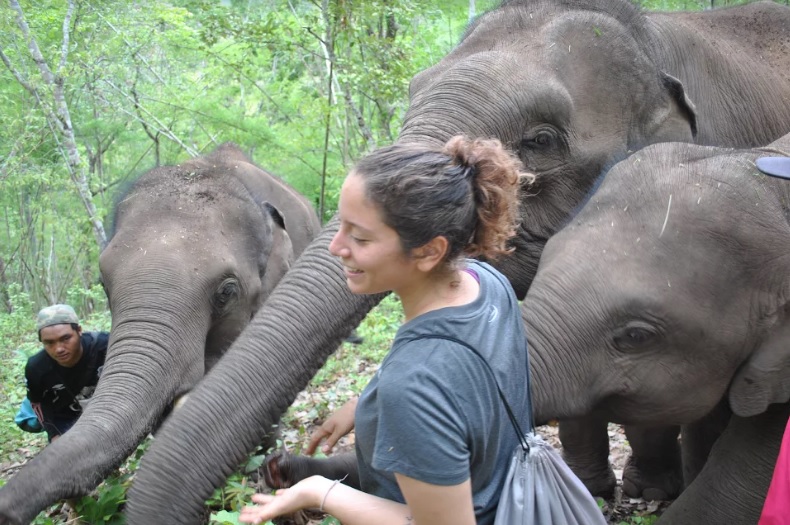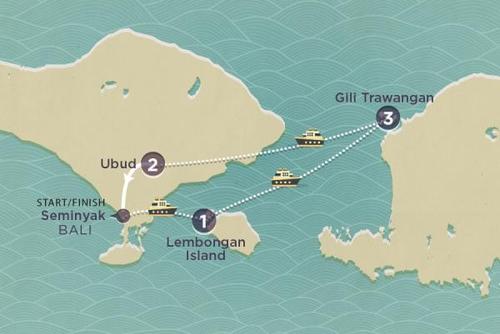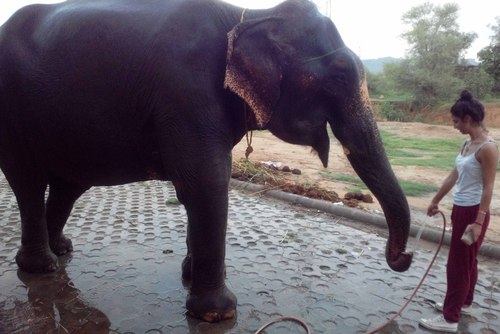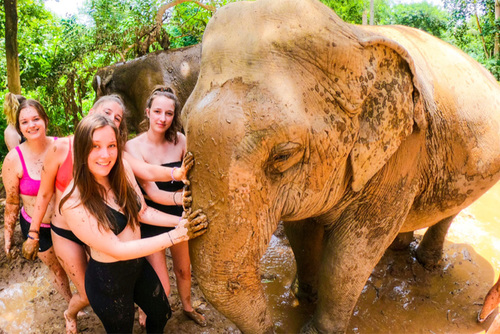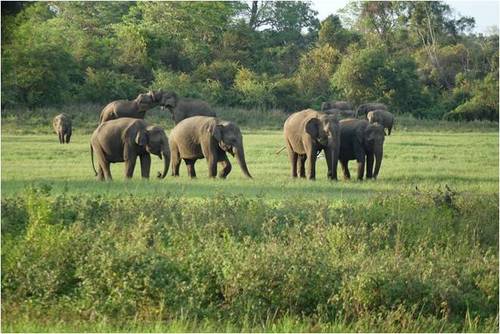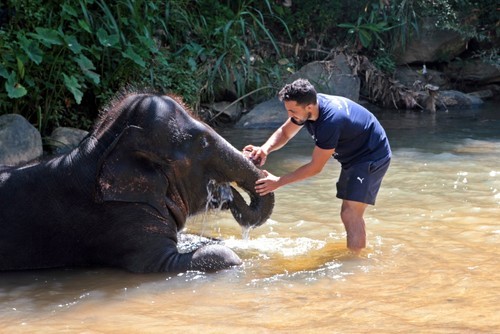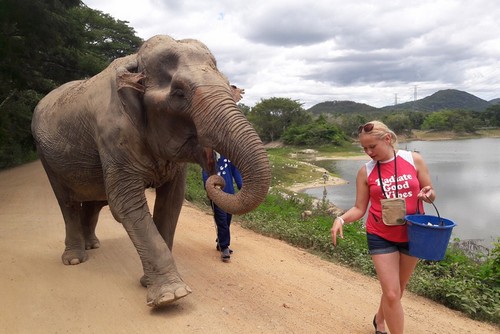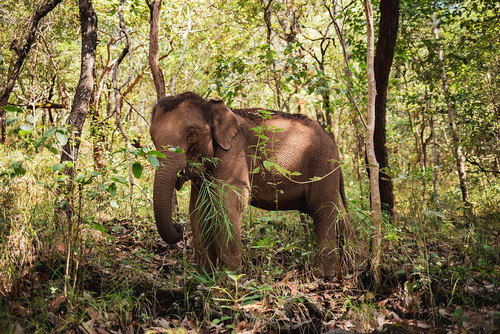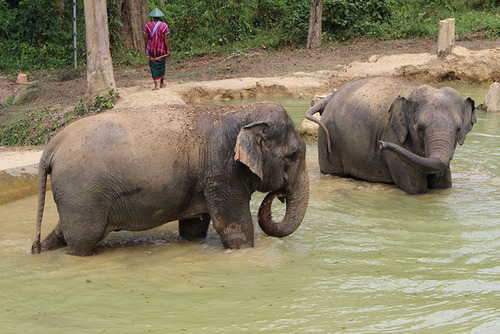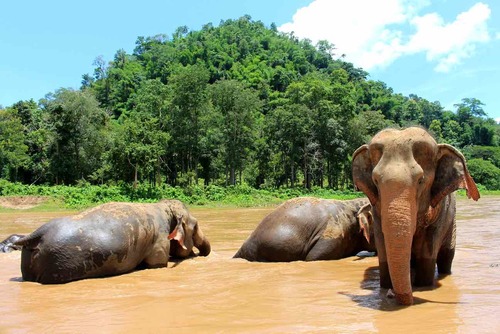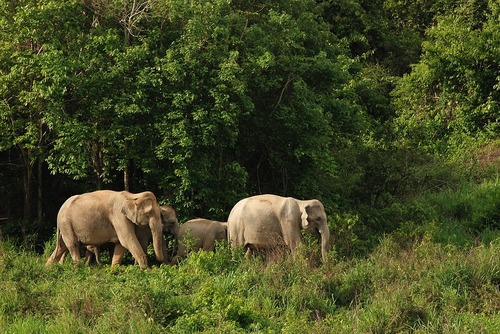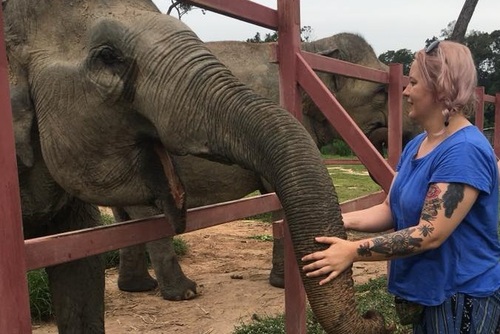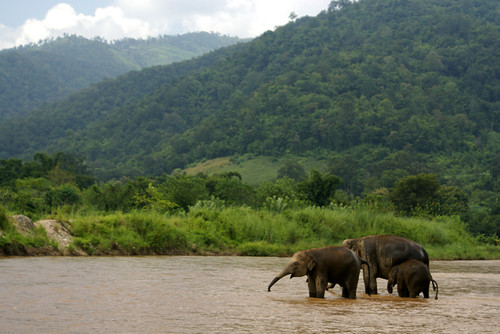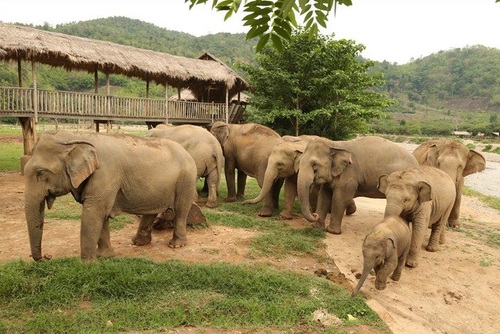Southeast Asia boasts some of the most exotic and diverse wildlife on the planet. From pygmy elephants to orangutans, there are many exciting species to see which we would never have the opportunity to see at home. However, has our love of exotic animals contributed to the destruction of the sub-continent's most majestic species?
With the rise of western mobility has come a significant rise in the profitability of animal tourism, where in today’s world one can play with a tiger for less than the cost of a Starbucks coffee. Darwin was right: we do love animals, and many of us resent the idea of any animal being harmed for human enjoyment.
Yet, when we travel, we may unknowingly contribute to the suffering of animals on a monumental scale. Continuingly, with the rise of animal tourism, comes a rise in unnecessary accidents and human fatalities such as the sad case of a British national in Thailand last year, emphasising the volatile nature of the wild.
Ultimately, this article will highlight how we as tourists may be contributing to unethical practises and look at tips on how to avoid this.
1. Think Before You Book
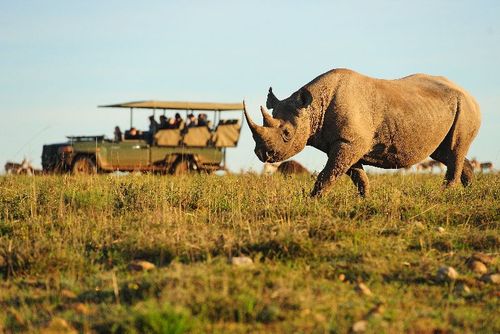
You have probably seen images on social media of people riding on the back of elephants, or perhaps cuddling a tiger cub. However, it is important to think before you book. Is what is offered at this particular attraction natural?
If you are paying to ride on or pet a usually wild and dangerous animal, watch it walk a tight-rope, or perhaps dunk a basketball, then these animals have likely undergone a process of domestication. You may have seen videos circulated of what is known as 'elephant crushing’.
This kind of process teaches unnatural behaviour to elephants by confining them to tight spaces, or beating them until they willingly submit to its handler’s will.
Unfortunately, this process is not unique to elephants. Many other mammals are known to undergo similar treatments such as drugging or the removing of teeth.
While these animals have been through a process of domestication, they are still wild and arbitrary mammals which have the potential to act unpredictably and viciously by their very nature.
With this in mind, consider whether what you are booking is a natural and authentic experience, or whether the animal may have undergone some kind of unpleasant or violent coercion.
You should also consider whether you as a young traveller are prepared; before booking any wildlife attraction you must make sure you have adequate travel insurance and the correct vaccinations!
2. Think Before You Eat
Another way we contribute to the suffering of animals while travelling Southeast Asia is by what we eat.
Tourists are eager to try out local delicacies, ready to participate in what they believe to be a part of local culture; however, you may be unaware that what is being offered could be a rare or endangered species.
Furthermore, according to the Soi Dog Foundation, tourists who participate in the eating of dogs are ignorant of the fact that they are often clubbed to death or boiled alive before reaching their plates.
So, be sure to think before you eat: are you aware what you are eating or how it has been reared?
This is an excellent opportunity to try some of the delicious local vegetarian or vegan options Southeast Asia has to offer.
While the sound of not eating meat on holiday is an unattractive prospect for most people, vegetables are often the staple food for the local population in Southeast Asian countries, making it a perfect way to immerse yourself in the local culture.
It is also important to mention that this is a great way to avoid any stomach bugs while you’re away as it diminishes the chances of becoming ill through eating poorly sourced or cooked meat!
Do make sure that you have had a look at the health-specific pages for the country you are travelling to, so that you know what to do if you do fall ill.
3. The Blame Game
Pointing the finger of blame at certain groups or individuals is counterproductive to achieving sustainable tourism. Instead of blaming ourselves or the people whose travel pictures we see on social media, we must learn from our own mistakes.
I, myself, having ridden an elephant while in Laos, who – after being coerced by mahouts to begrudgingly allow me and one other to ride him during peak heat season – angrily stampeded along a shallow river with me on his back.
As humans, it is not safe to ride or play with naturally unpredictable animals. My unsafe experience led me to question my assumptions about animal tourism, wishing that I had researched more about this issue beforehand. Contrastingly, it is of no use to blame locals for this exploitation.
We, as tourists, have created a demand for these kinds of experiences, and, in emerging or rural economies, the tourist industry has become a main source of revenue for entire communities, who depend on this for financial stability. The only path forward is through education regarding responsible animal tourism.
4. Responsible Animal Tourism
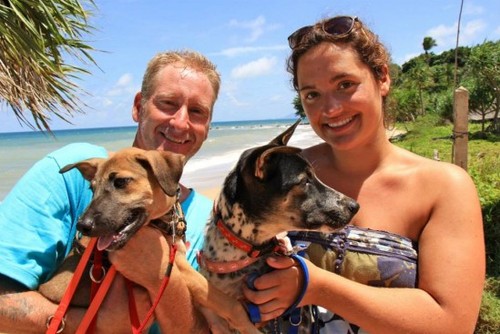
Thanks to the work of animal welfare foundations, ethical tourism is becoming increasingly easier to take part in. Foundations such as World Animal Protection and Wildlife Friends Foundation support ethical wildlife attractions in Southeast Asia.
For example, Boon Lott's Elephant Sanctuary, the Kindred Spirit Elephant Sanctuary and Elephant Nature Park in Thailand do not condition their animals to perform, and are places where visitors can participate in an authentic and safe wildlife experience abroad.
Please visit their websites for more information on ethical animal attractions in Southeast Asia and how you can personally help combat the destruction of Southeast Asia’s wildlife.
By being prepared before your travel, you will be in the best position to experience all the finer things that Southeast Asia has to offer. For the latest foreign travel information, head to the FCO's Travel Advice website. You can also follow the FCO on Twitter, watch their videos on YouTube and add them on Facebook to get instant access on all of the latest travel updates.
By Joesph Fearfield
Related Pages

